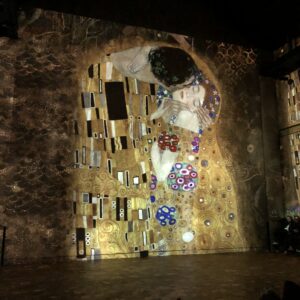In a supervision space, supervisor and supervised(s) explore elements of coaching.
Let’s focus here on the relationship.

Team & Leader Performance via Harmonized Relationship
How to create or recreate human resources in teams, to cope with the current pressure and challenges?
We are living in a period where the usual challenges of the company are multiplied tenfold: an unstable environment that amplifies the conflict between urgency and importance, the urgency phagocyzing the time of elaboration of the important.
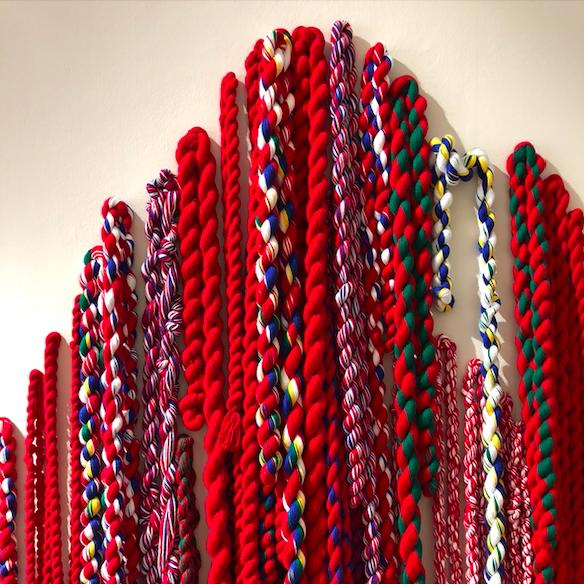
Professional coaching is known as a process that achieves #results. It provides #means, which support the improvement of #performance, especially in a relational space of security, with the neutral look and the open questioning of the coach.
What about the meaning you want to give to your action?
What is your particular signature as a team manager?
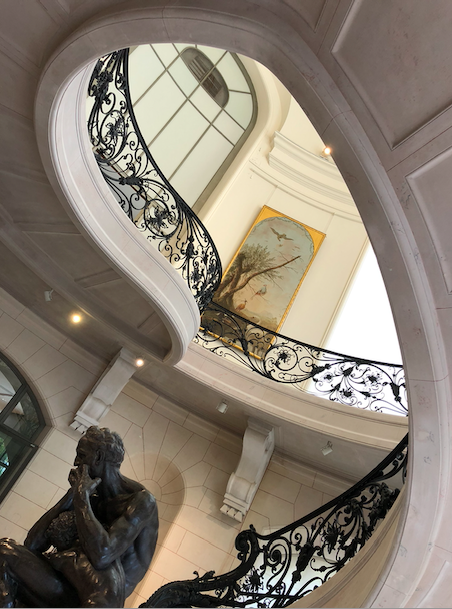
This article explores the links between different models of human decoding, and offers an innovative vision of the coaching relationship.
The evolution of the demand for coaching is connected to the development of the person, especially in connection with the development of the adult. Thus, coaching acts as an upgrade of the software for exploiting the individual’s way of thinking and decision-making and taking action, which makes it possible to have a vision to manage increasingly vast areas of complexity.
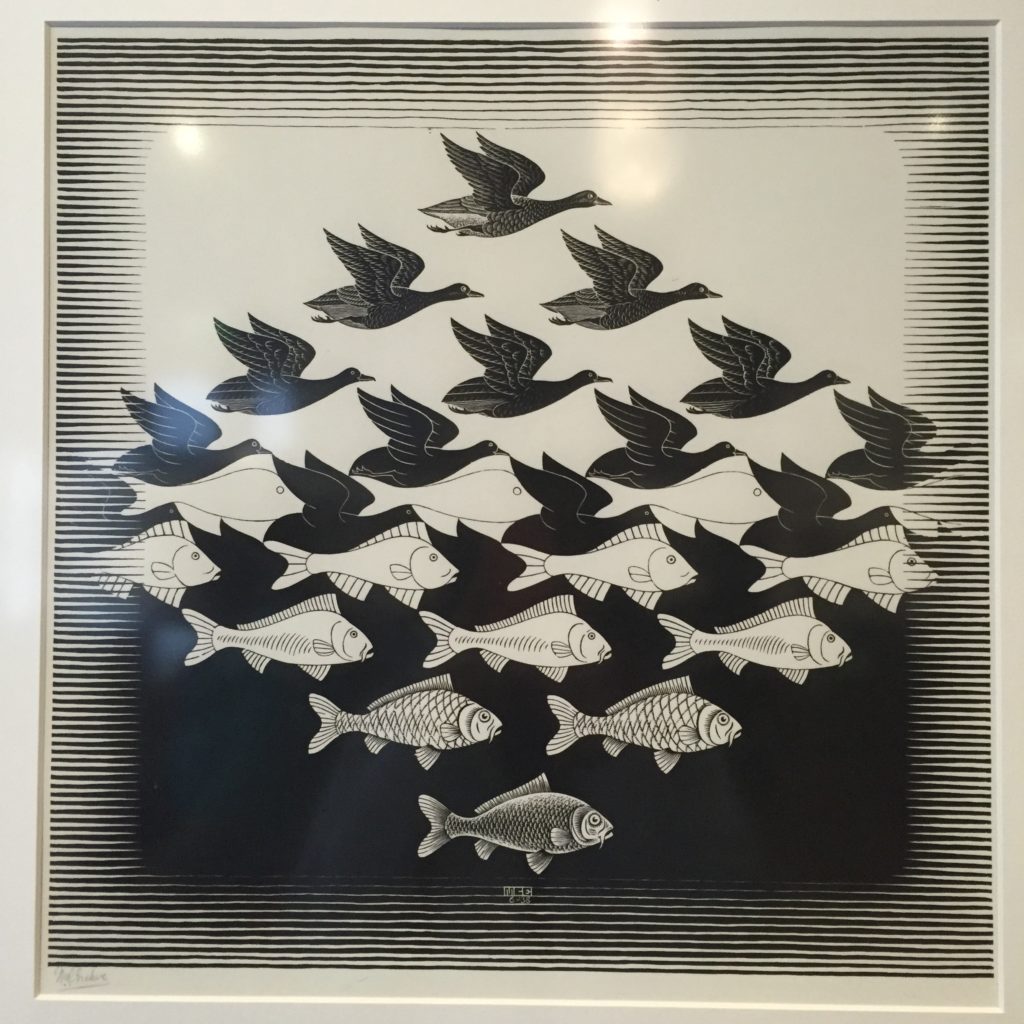
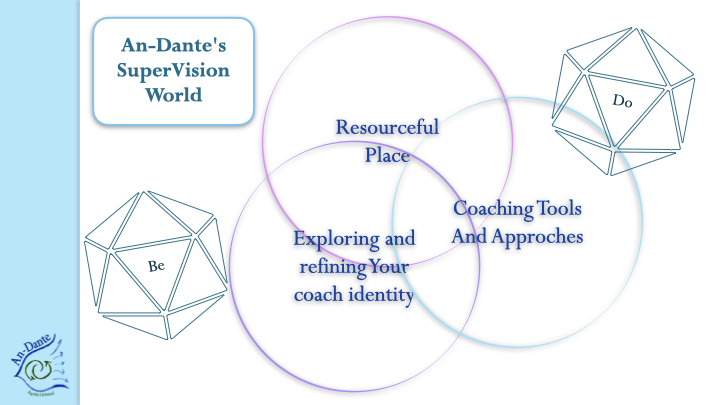

Subscribe to get access to the rest of this post and other subscriber-only content.
A first approach to developing mental agility in complex situations is presented in Values and Red Buttons. Here is a deepening, with more nuance.
Continue reading “Inference scale to be more agile”Behavioral dynamics are the signature of how we think, feel and behave, in simple or complex situations, known or unknown.
The Behavioral Dynamics Profile is a tool that allows, starting from a better knowledge of oneself and others, to develop the desired evolutions, to move towards more knowledge of one’s modes of operation -as well as those of other humans-, to find a better balance pleasure-effort and thus, more performance.
Examples of applications:
“This test allowed me to discover new facets of my profile and confirm others, all with a lot of nuance. Above all, it allowed me to better understand my motivational levers, what puts me in motion or conversely, what costs me energy. »
“The results are very precise, and nuanced, it’s super interesting, I’m really impressed… And now I know where I’m going! »
“Now I understand where it blocks for me, I want to continue with coaching to flourish and develop myself”
“I recognize myself in the motivating side of the innovator, and I know that once I have found a solution to a complex problem, I am not so interested in moving on to implementation, so I choose a right arm who has this resource, who has the management facet! »
“Very informative, a lot of self-discovery and understanding of different behaviors. »
“This model makes it possible to question its mode of operation and its practices, in a concrete way.»
When things go wrong, I go down to the workshop, talk to real people, help them solve their problems, and then it gets better and I go back up! Now I understand why it makes me feel good. And I will continue, no matter what anyone says! »
“This approach will lead me to learn to analyze the “other” in a work situation, in addition to my self-analysis. »
“It helps us to improve our daily professional situations.»
“The exchanges that result from the presentation of motivation profiles and obstacles are very extensive. »
It is interesting to pass a Behavioral Dynamics Profile when:
It is used at the beginning of coaching, to quickly clarify the lines of work of coaching.
The Behavioral Dynamics Profile report presents:
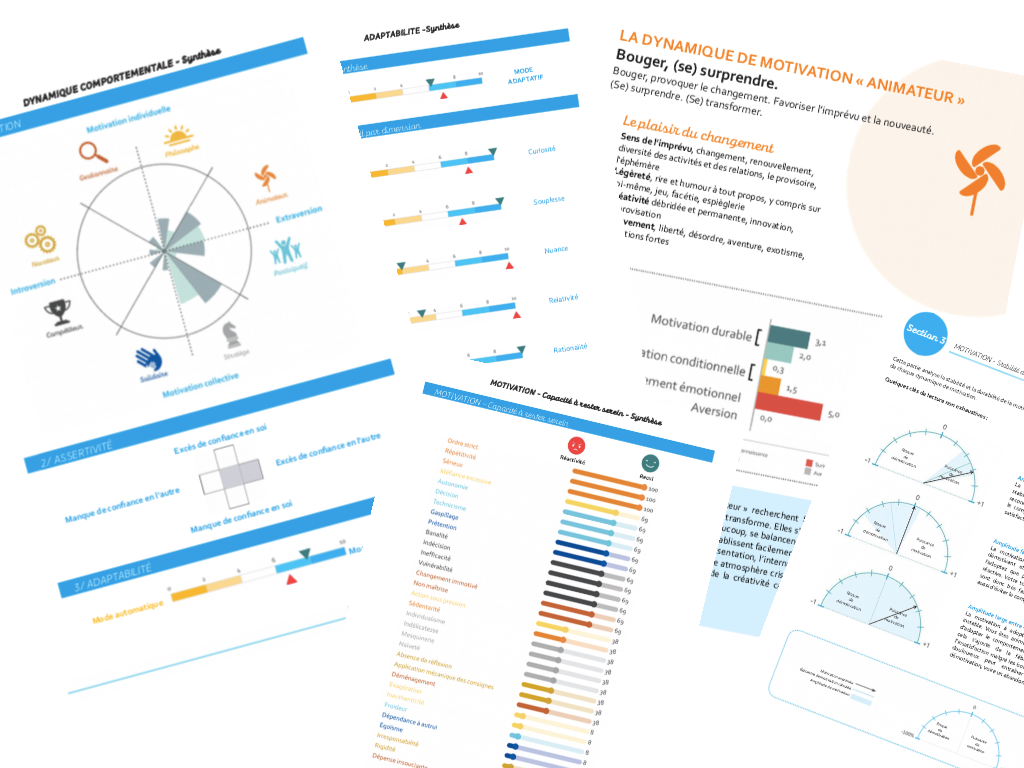
The questionnaire takes place online (about half an hour). It gives rise to a detailed report delivered during a 2-hour individual debriefing, by an ANC certified coach.
The purpose of the debriefing session is to present the elements of the report and to begin to make links with the coachee’s situation.
The questionnaire is based on the Neurocognitive and Behavioral Approach, developed by the Institute of Behavioral Medicine, which has been conducting interdisciplinary research for more than 30 years and transferring it to the situations of companies and organizations.
How do you know what makes a relationship work, that it is constructive, fruitful, fruitful, in the long term?
John M Gottman’s “Love Lab” has revealed its secrets, after hosting volunteer couples for 16 years. Couples are immersed in this somewhat special laboratory, where they are invited for a weekend. Researchers observe them through a glass without complexion and couples are monitored on some physiological parameters (heartbeat, blood pressure …).
The conclusions of this study are quite transposable into other types of relationships, such as friendship relationships, parenthood, or professional relationships.
When we talk about soft skills, the skills acquired in one context are transferable to others (personal, intimate, professional life).Only the issues and durations in which relationships take place differ.
